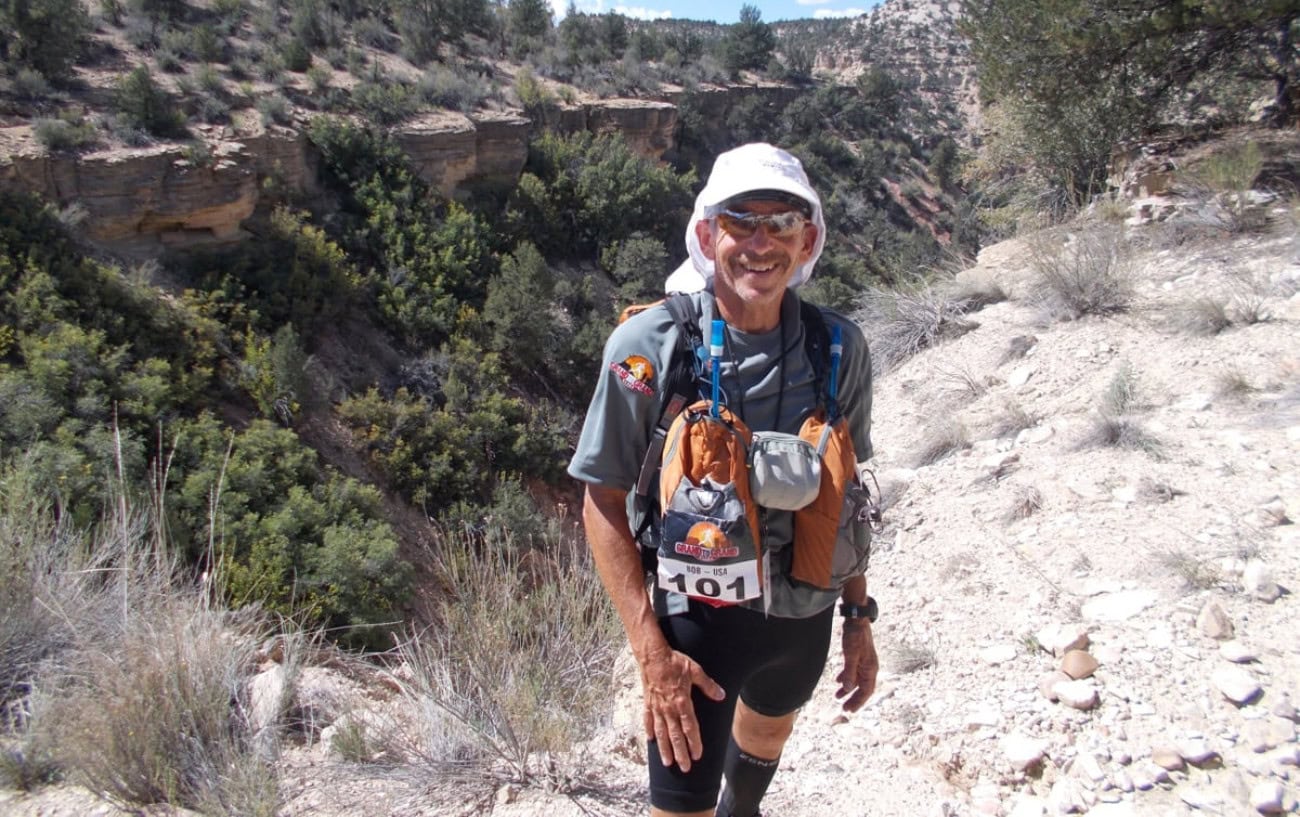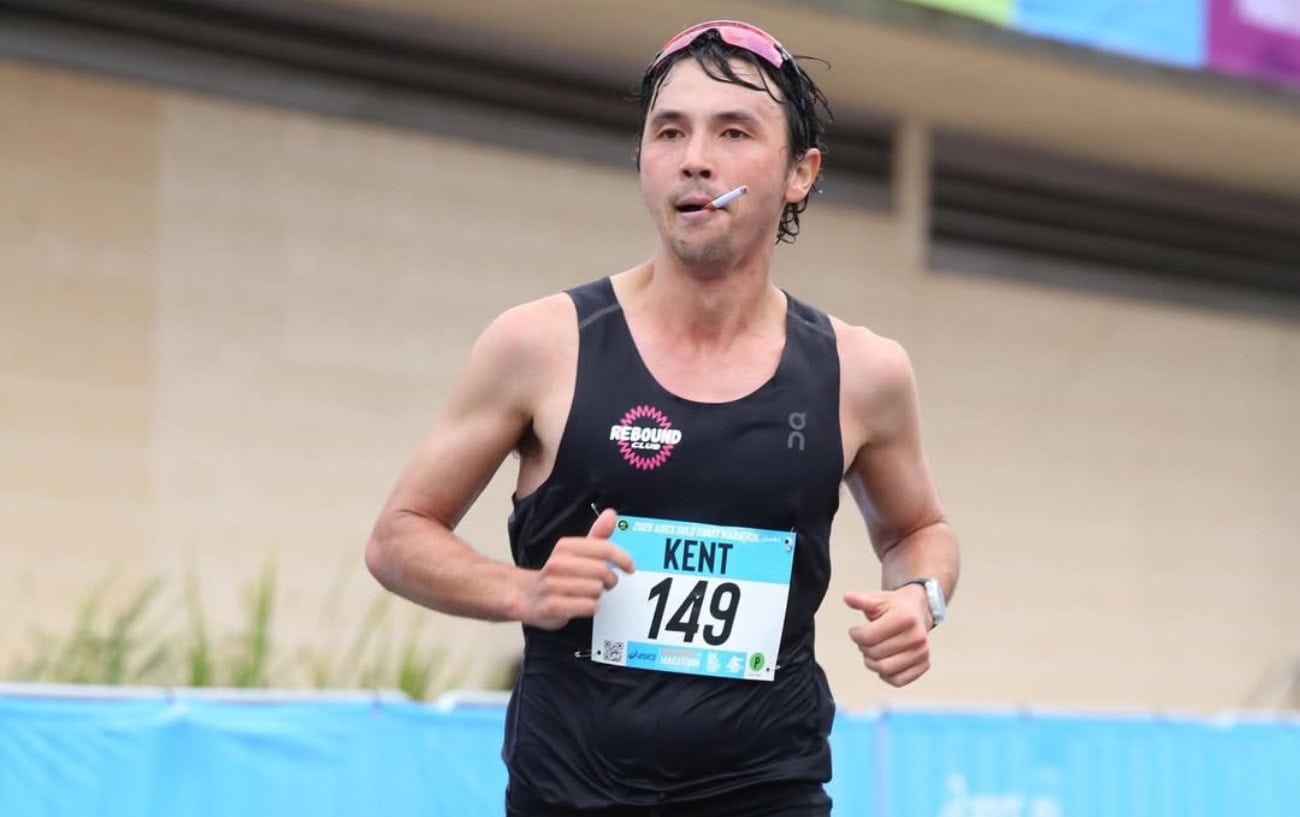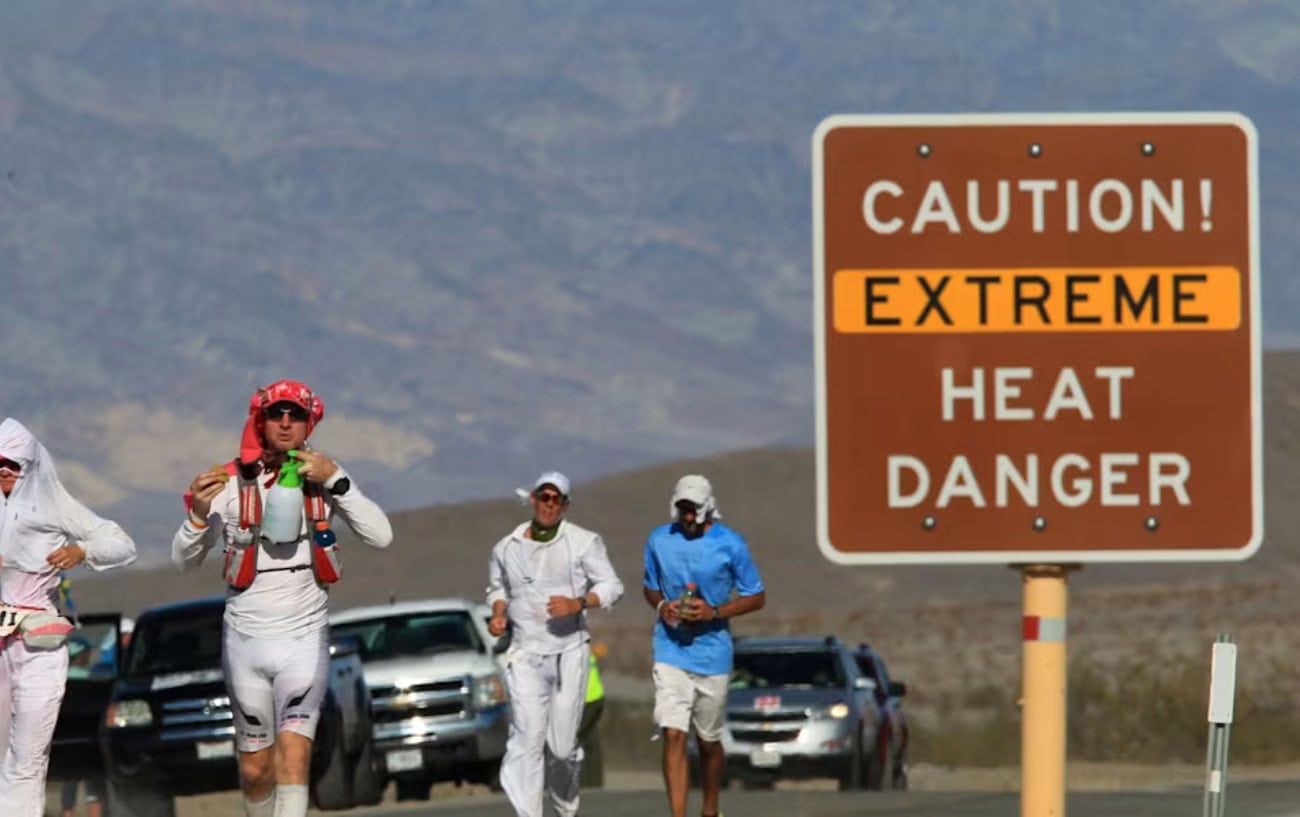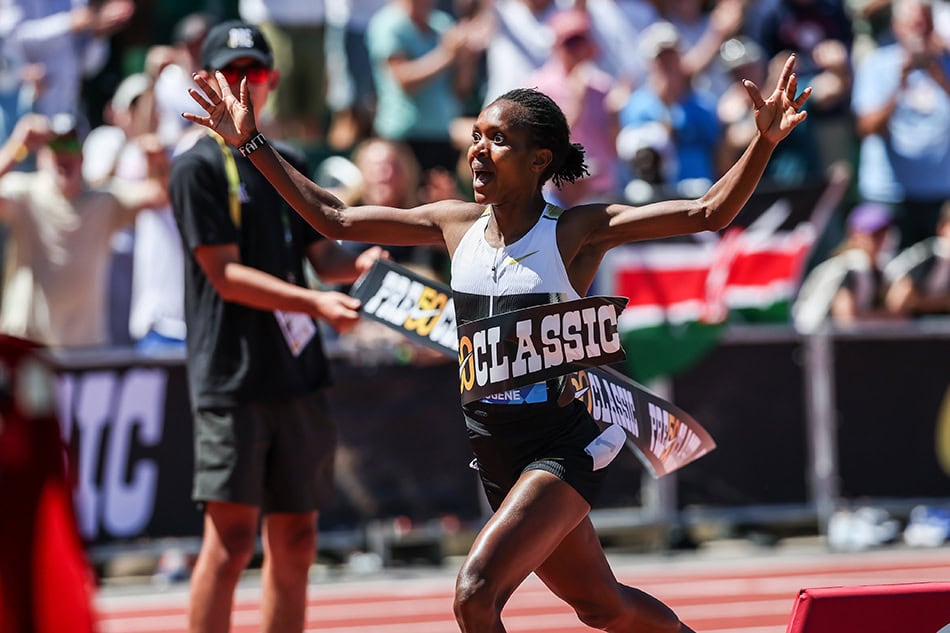Vincent Bouillard managed to pull off something incredible—winning the Ultra-Trail du Mont-Blanc (UTMB) while juggling a full-time job.
Alongside winning the genetic lottery, most pro athletes don’t work 40 hours a week and can instead focus on different aspects of recovery and performance, like sleep, nutrition, and strength training.
However, Bouillard’s approach to training for UTMB shows that even with limited time, success in elite sports is still achievable. Bouillard, a product engineer at Hoka, shared his training calendar with COROS, offering practical advice for balancing work and athletic goals.

What Did Bouillard’s Weekly Training Look Like?
Bouillard’s week is built around a core set of workouts that he repeats consistently.
His training sessions typically include 1-2 days of interval training, with efforts lasting 8-20 minutes, and a day of cross-training, often on the bike, to add volume without wearing down his legs. Strength training and stretching sessions also make regular appearances to prevent injury, while Zone 2 runs help build his aerobic base.
There’s no strict schedule. Bouillard moves sessions around depending on how his week looks.
“It doesn’t matter what day I do my intensity or cross training as it’s blurred into the bigger picture, but I can adjust as needed. I can shift this around as needed to accommodate my schedule and how I feel”

Balancing Work, Running, And Family Life
Bouillard credits much of his success to the support he receives, particularly from his wife, Kamilah.
“I talk with Kamilah often about our schedule, both work and training related. It’s important that we plan ahead so we can do all the things we want. She is supportive of my aspirations and goals with running. In return, I want to be just as aware and realistic with how much time my training takes away from our schedule as we have so much more we want to achieve outside of just work or running…it’s a balancing act that goes both ways.”
At work, he maintains a healthy balance by being transparent about his training goals and prioritizing work responsibilities when needed.
“Sometimes I will have early meetings or late meetings given time differences, but this allows me other times throughout the day to do what’s needed,” he said. “When I have time to train, I know exactly what I’m doing because I planned it out well in advance. I get the work done, and then it’s over. If something pops up unexpected, then I know I can adjust given how my weekly training schedule is set, and then get back into my plan the following week.”

Putting Recovery At The Forefront
“Professional athletes have a full time job of their own, part of which is to focus on all the little things that constitute what is often called ‘invisible training‘ (daily sleep and nutrition/hydration, consistent strength/stretch, proper recovery, etc.) By adopting this ‘pro athlete’ mindset and treating training as such, you are a lot more likely to set ambitious goals and thoughtful plans to achieve them, no matter what fitness level you are at and how much time you have on the calendar. It is all about balancing, planning and committing to the plan.”
Although Bouillard doesn’t have the luxury of not working a full-time job like most professional athletes, he still focuses on a number of key recovery metrics to optimize his performance, which undoubtedly contributed to his success at UTMB.

- Recovery: Bouillard regularly checks his recovery levels but treats it as a guideline rather than a hard rule. “It’s more of a reminder than an absolute; I use it as an indicator to know when I’m pushing too hard.”
- Sleep: Knowing the impact sleep has on both his training and job, Bouillard prioritizes rest. “I haven’t always been a great sleeper, but tracking my sleep helps me ensure I’m recovering properly.”
- Stress Management: In the weeks leading up to a race, Bouillard aims to reduce stress as much as possible. “I monitor my daily stress levels during tapering to make sure I’m ready for the race.”
Although it isn’t without its challenges, Bouillard has proven that you really can have your cake and eat it, too. Through meticulous planning and open communication, Bouillard can balance work, family life, and elite sport, winning the biggest ultra-trail running event in the world.
Now the question stands…after such a big victory, could we see Bouillard turn pro?












